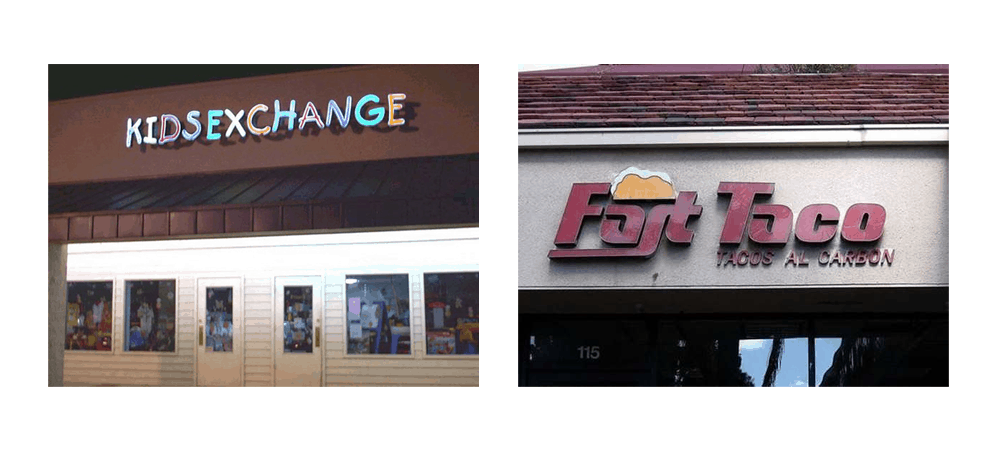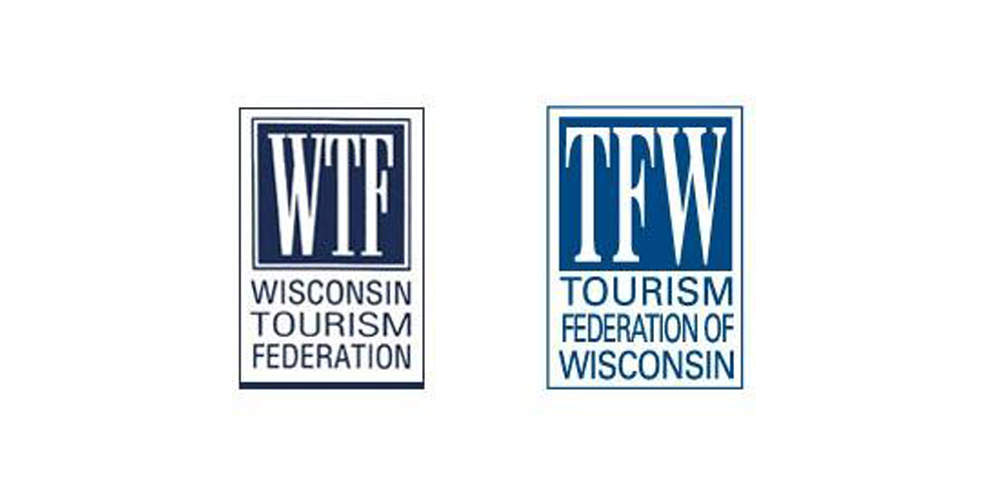I’ve got a cactus on my desk called Nathan. I was chatting to him just the other day, and it made me think about the importance of names.
Naming your business is often the first step in the branding (or rebranding) process. Sure, other strategic things may already be set out, such as your:
- Core values
- Client demographics
- Charging structure
But nothing visual can take place unless you know what you’re calling yourself.
Let’s put your problem into perspective.
In 2018, 672,890 new companies formed in the UK (Source: Gov.UK). This brought the total number of companies registered to over 4.2 million.
So, your company name has to be effective, appeal to your target client demographics, and not be one of the 4.2 million that already exists.
Easy peasy.
Surely all the good names have been taken?
According to the Collins Scrabble dictionary, there are just over 270,000 allowed words.
Of course, this includes words like ‘bandura’ (which is an unwieldy Ukranian lute) and ‘zorilla’ (which is apparently an aggressive African polecat with 34 very sharp teeth). These names may win you a game of Scrabble, but are unlikely to win you any clients.
Nearly two years ago, Phil wrote a checklist that gave practical tips on the steps you should take when choosing a name for your business. Since then, we’ve helped a number of clients with this delicate task, and have seen first-hand the common hurdles that they face.
I wanted to expand on Phil’s list, and give my thoughts on what to consider in the idea stage, breaking it down into three general routes:
- Having your name above the door
- Focusing on location
- Taking the abstract road (spoiler: this splits off into two more roads)
Should I hang my name above the door?
Yes, no and maybe; all in equal measures.
In my experience, opinion tends to be split with using your own name in your branding. By hanging your name above the door, we mean using surnames of founders of key staff, whether they be in full, or as initials.
I’ve seen it work very well first-hand, though some feel it runs the risk of looking stuffy and old fashioned.
Be aware of the difference in your opinion and that of your clients, however, as the outcome will often surprise you. The last naming exercise we did was led directly by feedback from the firm’s current clients. It was unanimous that using the surnames of the business owners was their preferred method, despite an initial assumption otherwise.
Yes, it’s a traditional naming structure, but for the right firm (and client base) it works very well.
As with all of the routes, you should consider how the name might appear as a logo. Of course, this is the graphic designer’s job for the most part, but common sense should prevail. You don’t want to be in the same boat as the poor proprietors of Kids Exchange, or Fast Taco, shown below.
Should I take my location into account?
This is often the easiest one to rule out, as it depends on how big your footprint is.
If you are thriving in a relatively narrow area, with no plans to move, then absolutely consider taking your whereabouts into account. It will be obvious to potential clients who are searching for advisers or planners near them that they’re in the right place. And of course, just as importantly, it will allow those that you aren’t right for to move on quickly.
While in the naming stage, you should be aware of the names your immediate competitors are using. This is particularly relevant if you’re going down the location route, as getting mistaken for somebody nearby with a very similar name won’t be very much fun if they have a reputation for villainous behaviour.
Should I go for an abstract name?
There are essentially two routes to take with abstract names:
- Deliberate abstract
- Random abstract
Deliberate abstract means choosing a word that may mean something to you, have a positive connotation, or that is linked to your story. Starting points for this route could be:
- What are your values?
- How do you want clients to feel?
- What words describe your way of doing business?
They can be as broad or as personal as necessary; we’ve seen them both work well.
Random abstract is, as the name suggests, grabbing a word out of the air and making it your own. If handled correctly, these can work well. An interesting word, that lends itself to a great logo can be memorable, striking, and will be easier for clients both current and future to associate with what you do.
Do be aware of any negative connotations that random or unfamiliar words can have. ‘Mumblecrust’, for example; is a marvellous sounding word but means a toothless Victorian beggar. The same goes for ‘gnashgab’, which means somebody from 1763 who won’t stop complaining.
I have lots of words, how do I choose the right one?
Once you have a shortlist, it’s on to the research phase.
Essentially, you need to ride these names until the wheels fall off. Think of every reason you shouldn’t choose them and then try to think of one more. It’s better to feel a bit disheartened at this stage than to make a boob of yourself once you’ve unveiled your new name to the world.
Common reasons to put a name in the bin include:
- Somebody getting there first: Whether that be in the same sector, or one that’s too close for comfort.
- Being hard to spell / having ambiguous spellings – having to repeat yourself each time you call somebody will get old rather fast. As Kelly Johnson (my third favourite aeronautical systems engineer) famously said: “Keep it simple, stupid”.
- The name being associated with something negative. Don’t limit your Google search to the first page. All kinds of weird things live on the internet (according to a friend of a friend), so make sure clients don’t link you to it. Managing your online presence can be tough, don’t make life difficult for yourself!
And on that strand – be aware of initials. Internet culture has us more in tune with acronyms, which means we can all see the problem that the Wisconsin Tourism Federation’s ‘WTF’ logo had before they switched the letters around nearly a decade ago.
A name is what you make it
It’s important, but ultimately, just one part of your overall brand. The pursuit of the perfect name can be tough, but once you have one that you believe in, it’s up to you to do it justice…
Want to know more? Get in touch with us at hi@theyardstickagency.co.uk or call 0115 8965 300.
Source: https://www.gov.uk/government/news/uk-company-statistics-2018-to-2019



